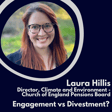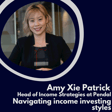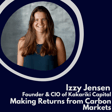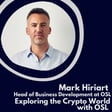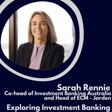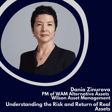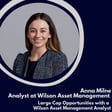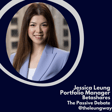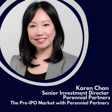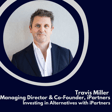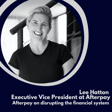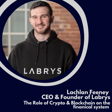
Are you in demand in the current job market?
Join us as we interview Meredith Jordan & Lindsay Hurst, from Platinum Pacific Partners. We discuss the state of the job market in the Australian finance industry, what skillsets are in demand, whether further education will help you seal the deal and how to leave a lasting impression in an interview.
Alpha Females Invest is a financial investing podcast. With a blend of unique perspectives from both buy and sell sides of the market, we delve into insightful conversations with industry experts from the Australian finance sector.
Whether you're a seasoned finance professional, a student of finance, or someone eyeing a career in the industry, our content is tailored to enrich your understanding and proficiency in navigating the financial landscape.
Each episode is a deep dive into a specific financial topic, spanning equities, debt, cryptocurrency, and the intricacies of investment banking.
Stay informed, stay empowered, and tune in to The Alpha Females Invest for your dose of financial listening.
We aim to promote gender diversity by having at least an equal representation of female and male guests on our show.
Disclaimer: The views expressed in this podcast are those of the speaker. The content in this episode is general in nature, and is for informational purposes only. It should not be construed as financial advice, it has not taken into account your personal financial position or objectives. Listeners are encouraged to seek professional guidance or conduct their own research before making any financial decisions. Please refer to a licensed adviser or tax agent and always read the relevant PDS for full product details. The views and opinions expressed on the podcast do not necessarily reflect those of Alpha Females Invest or its affiliates.
Our theme song and background music is courtesy of @tmykmusic.
Find out more here: https://alphafemalesinvest.com.au/


